

A summit of European Union leaders in Estonia intended to chart out a digital future for the continent is set to be upstaged by less utopian issues including Brexit and the unexpected rise of the far right in Germany.
A summit of European Union leaders in Estonia intended to chart out a digital future for the continent is set to be upstaged by less utopian issues including Brexit and the unexpected rise of the far right in Germany.
The EU's 28 leaders, including British Prime Minister Theresa May, are to meet for two days in Tallinn starting Thursday to discuss how Europe can more efficiently transform to the digital age.
Estonia, which holds the EU's six-month rotating presidency, bills itself as the avant-garde of the digital revolution and called the talks to help bring the rest of the bloc up to speed.
Instead, the national leaders are expected to focus on the next steps for the EU over the coming years, after the shock of Britain's vote to leave the bloc and the lingering presence of populism in the continent.
At a dinner on Thursday, the leaders will be given an open forum for a "frank and informal" discussion, EU President Donald Tusk said in a letter inviting them to the meeting.
Macron's eurozone plans
The gathering of leaders will be the first since Europe's most powerful leader, German Chancellor Angela Merkel, won a fourth term on Sunday, but with a disappointing result that included historic gains for the country's hard-right nationalist party, the AfD.
It will also follow a major speech by French President Emmanuel Macron on Tuesday in which he will set out ambitious eurozone reform proposals that he kept under wraps until after the German election.
His plans include creating a budget for the eurozone which would be overseen by a finance minister and a new parliament -- proposals that are sure to be greeted warily in Berlin.
This scepticism will be even greater if Merkel enters a coalition government, as expected, with the pro-business Free Democrats party, which in the campaign poured cold water on French pleas for closer eurozone ties.
The Tallinn summit also follows a state of the union speech by European Commission President Jean-Claude Juncker which called for deeper integration across the board, not just in the eurozone.
This included calling for more states to join the euro and the passport-free Schengen area, and a simplification of leadership at the EU.
'Very glad' to have May
A senior EU diplomat firmly denied that the presence of Britain's May would stifle debate, saying the leaders were "very glad" she would be in Tallinn.
"We reject talk that we cannot talk with Prime Minister May in the room," the diplomat said.
May will arrive in Tallinn as a fourth round of official Brexit negotiations wraps up in Brussels.
In a closely watched speech last Friday, May called for a two-year transition period while promising to meet Britain's existing EU budget commitments at least until Brexit, and outlining new legal guarantees for the rights of the roughly three million EU nationals living in Britain.
Both of these are key demands of the EU, along with the need to find a solution for how to handle Northern Ireland's border with EU-member Republic of Ireland.
But the top negotiators from each side immediately issued clashing demands as the talks got underway on Monday.
The talks in Tallinn are coming after other EU summits on the bloc's future in Slovakia, Malta and Italy were all held without Britain.
At the Rome summit in March, the EU's 27 remaining leaders renewed their vows, celebrating the troubled bloc's 60th anniversary with a commitment to a common future.
Formerly part of the Soviet Union, Estonia has reinvented itself by taking a jump to the digital world, modernising and digitising all aspects of public life.
The discussions on digital issues will cover cybersecurity and the free movement of data in the EU, a priority for Estonia.
A summit of European Union leaders in Estonia intended to chart out a digital future for the continent is set to be upstaged by less utopian issues including Brexit and the unexpected rise of the far right in Germany. Read Full Story
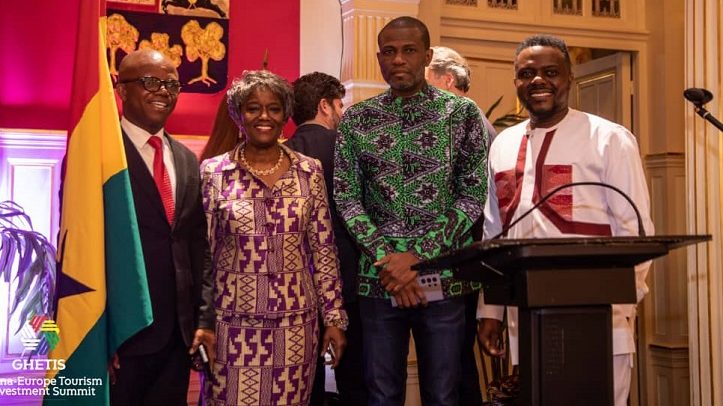
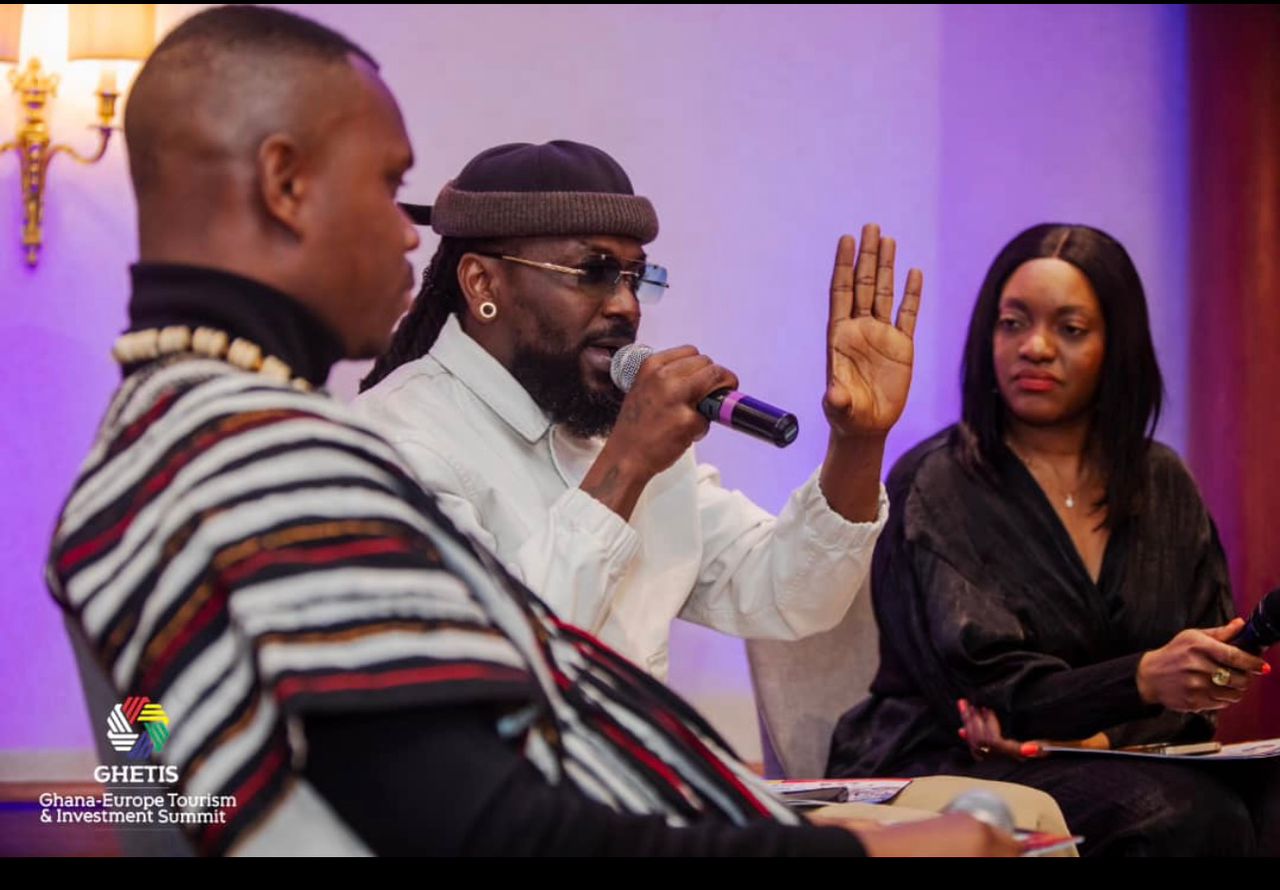

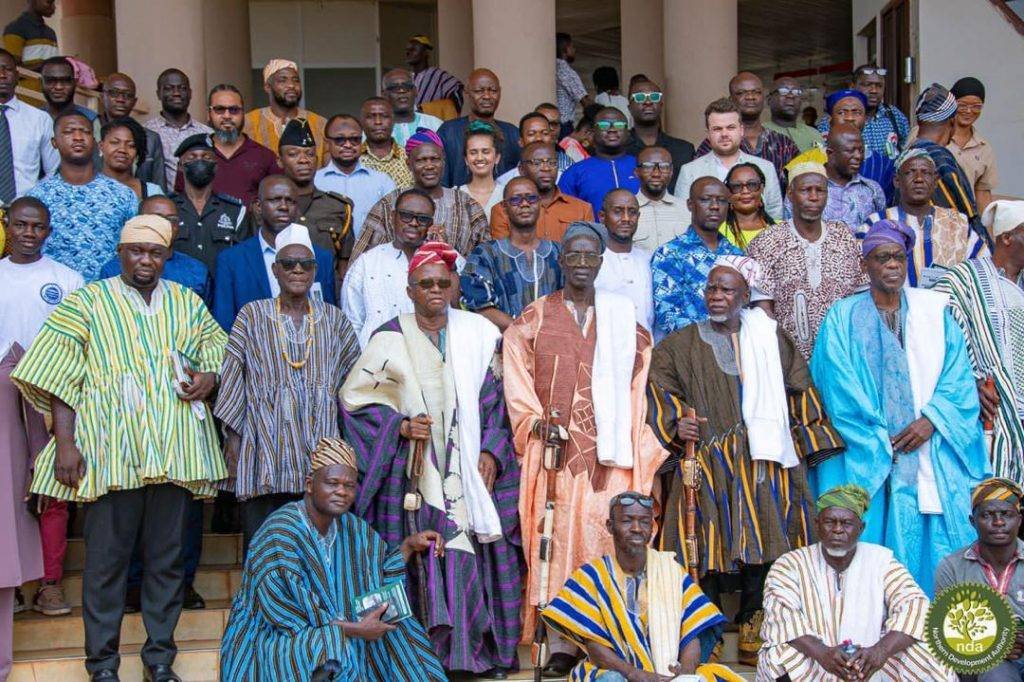
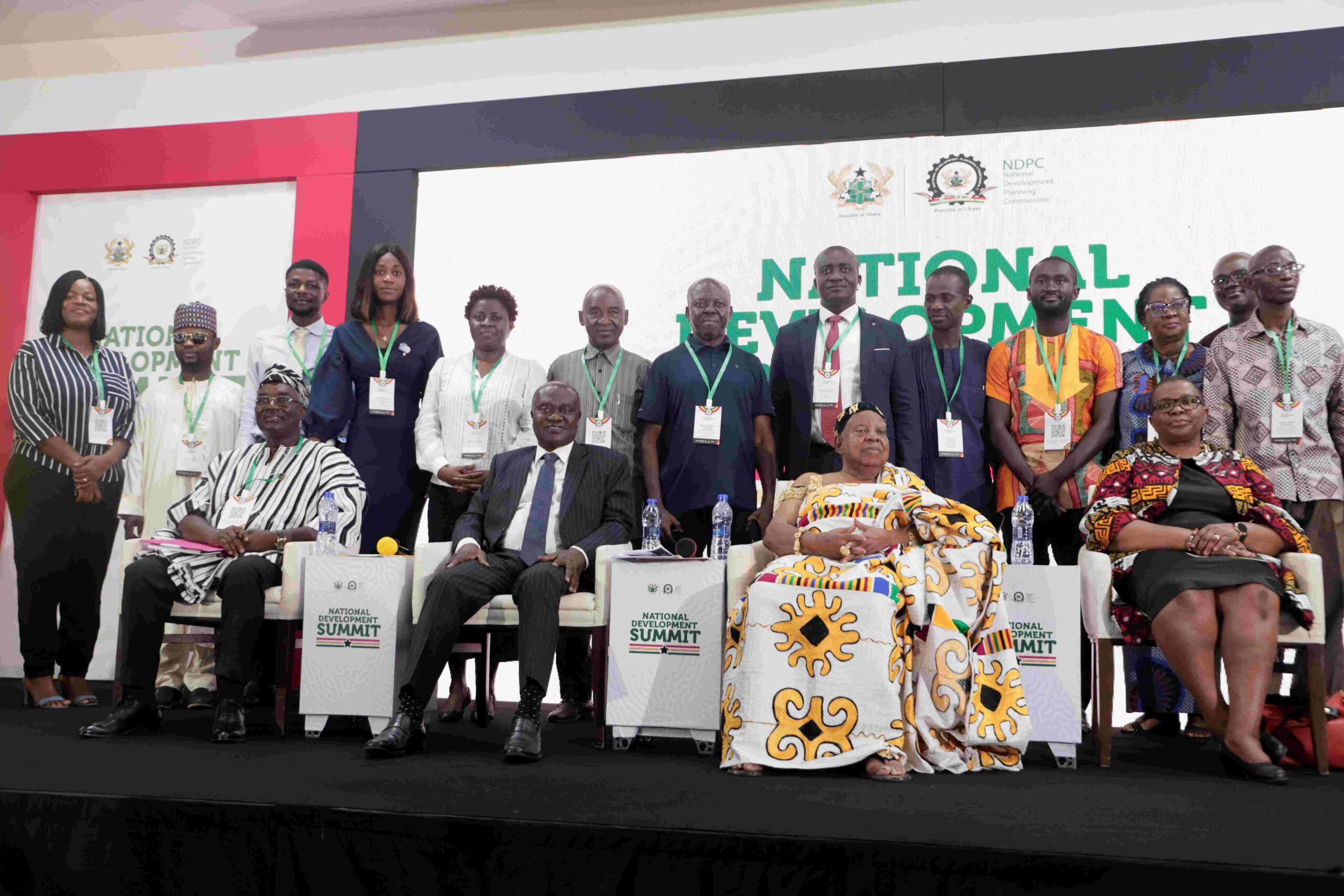

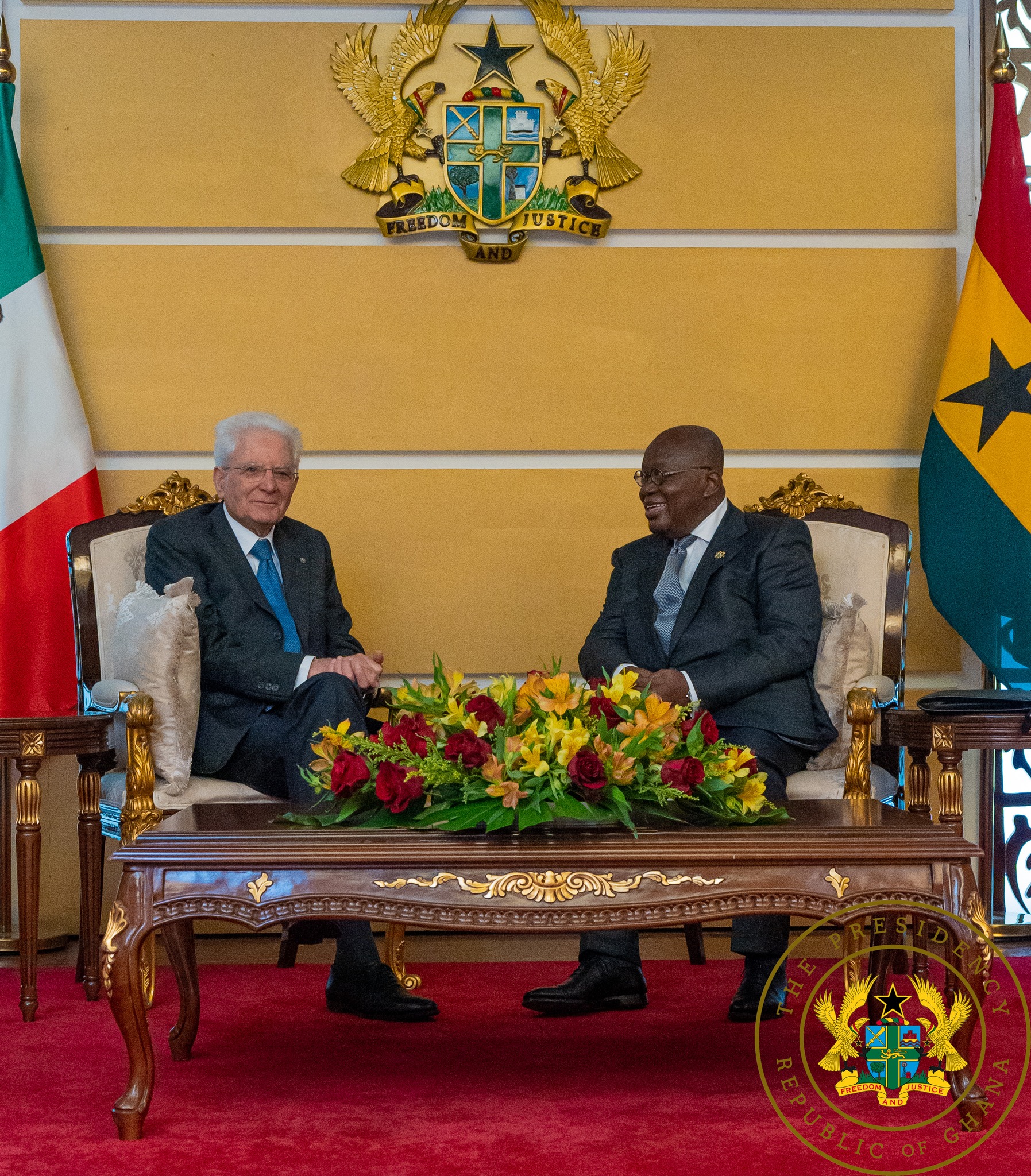















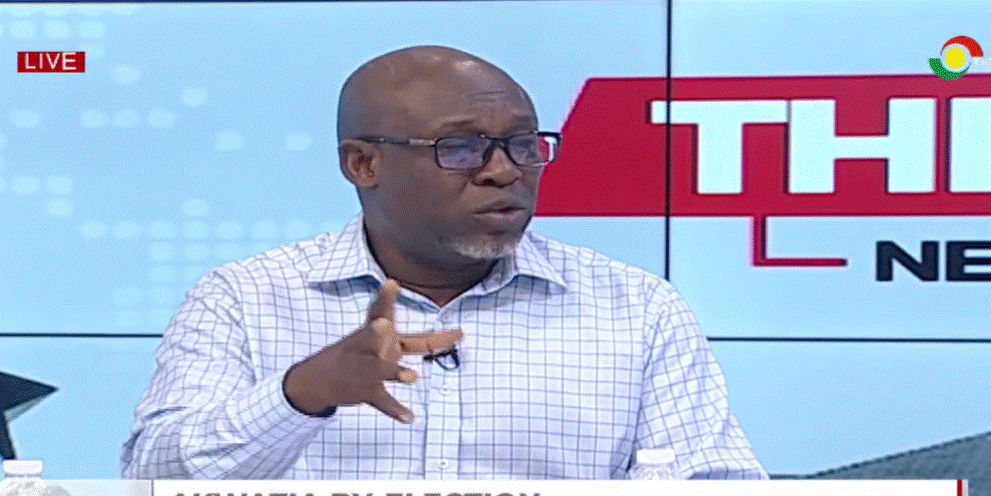

Facebook
Twitter
Pinterest
Instagram
Google+
YouTube
LinkedIn
RSS